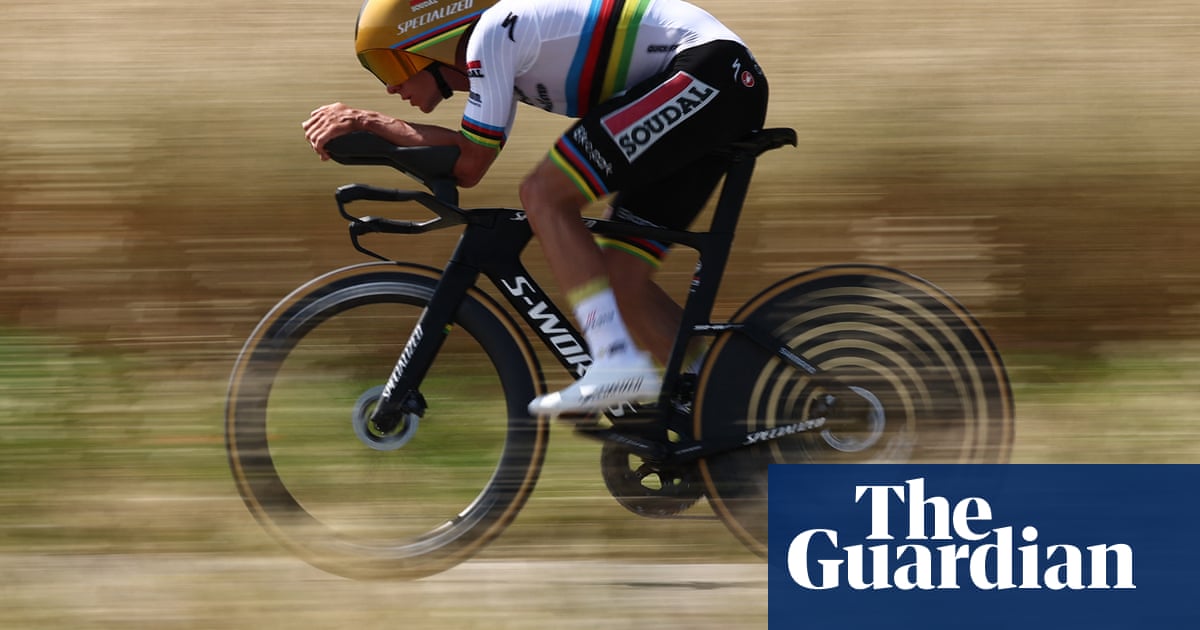The recent coverage of Remco Evenepoel's impressive performance in the Critérium du Dauphiné highlights not only his individual achievement but also serves to elevate the profile of competitive cycling. This analysis will explore the various implications of the news, including its potential influence on public perception, the sporting community, and broader societal factors.
Purpose of the Article
The article aims to celebrate Evenepoel's victory while simultaneously positioning him as a leading figure in cycling, especially in the time-trial discipline. By emphasizing his significant gap over competitors like Jonas Vingegaard and Tadej Pogacar, it seeks to create a narrative of dominance and skill. This portrayal can inspire admiration and excitement within the cycling community and among fans.
Public Perception and Community Impact
The narrative crafted in this article may foster a sense of national pride, particularly in Belgium, as Evenepoel is a prominent athlete representing the country. It is likely to galvanize support from cycling enthusiasts and casual fans alike, potentially drawing more attention to the sport. The mention of the Soudal Quick-Step team's milestone victory adds a layer of collective achievement, enhancing the team's reputation within the sport.
Omissions and Hidden Agendas
While the article focuses on Evenepoel's success, it may divert attention from the challenges faced by other competitors, particularly Pogacar, who is currently in a less favorable position. This could be perceived as an attempt to overshadow the competitive dynamics of the event and create a one-sided narrative that glorifies Evenepoel's performance at the expense of his rivals.
Reliability of the Report
The coverage appears to be factual, reporting on a specific event with quantifiable outcomes such as times and rankings. However, the framing of Evenepoel's victory and the implications drawn from it may introduce a subjective angle. The article's tone is celebratory, which may not fully account for the complexities and competitiveness of the sport.
Connection with Other News
In the broader context of sports journalism, this article fits into a trend of highlighting exceptional athletic performances, particularly in cycling. It aligns with a growing interest in individual athlete stories, which resonate well with audiences. However, there might be an underlying connection to the commercial interests of sponsors and teams in promoting star athletes to boost viewership and engagement.
Potential Societal Implications
As cycling continues to gain traction, this article could contribute to increased interest in the sport, potentially affecting local economies through tourism and events. The visibility of successful athletes like Evenepoel can inspire youth participation in cycling, promoting a healthier lifestyle.
Target Audience
The article is likely to appeal to cycling fans, sports enthusiasts, and individuals interested in athletic excellence. It may particularly resonate with communities in Belgium, where national pride in sports is significant.
Market Influence
The impact of this news on the stock market or global economy is likely minimal, as it pertains primarily to sports. However, companies associated with cycling, sports nutrition, and equipment may experience increased interest in their products following such coverage.
Geopolitical Context
While this article does not directly address geopolitical issues, the success of athletes like Evenepoel can have a unifying effect in their home countries and can emphasize national identity through sports achievements.
Use of AI in Reporting
It is plausible that AI tools were employed in drafting or editing the article to enhance clarity and engagement. However, the core content appears to be rooted in traditional journalism, focusing on event reporting and athlete performance without evident manipulative intent.
In conclusion, while the article reliably reports on Evenepoel's victory, its emphasis on his dominance may obscure the competitive landscape of cycling. The celebratory tone serves to elevate Evenepoel as a key figure in the sport, potentially influencing public perception and interest in competitive cycling.
